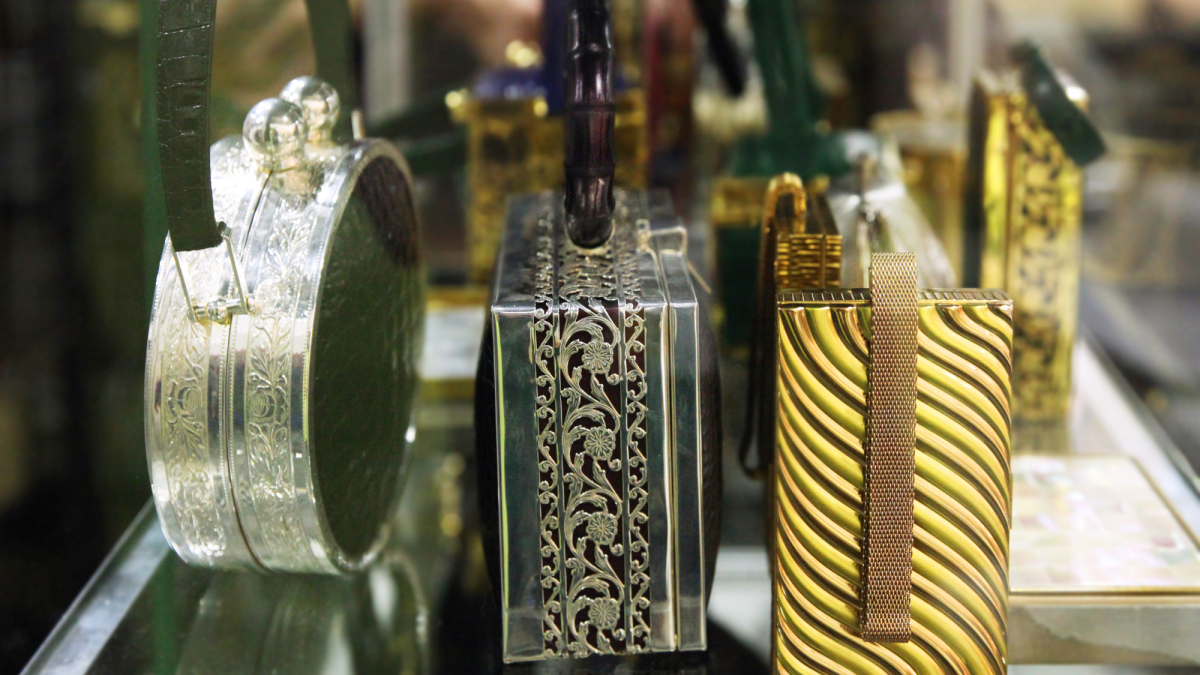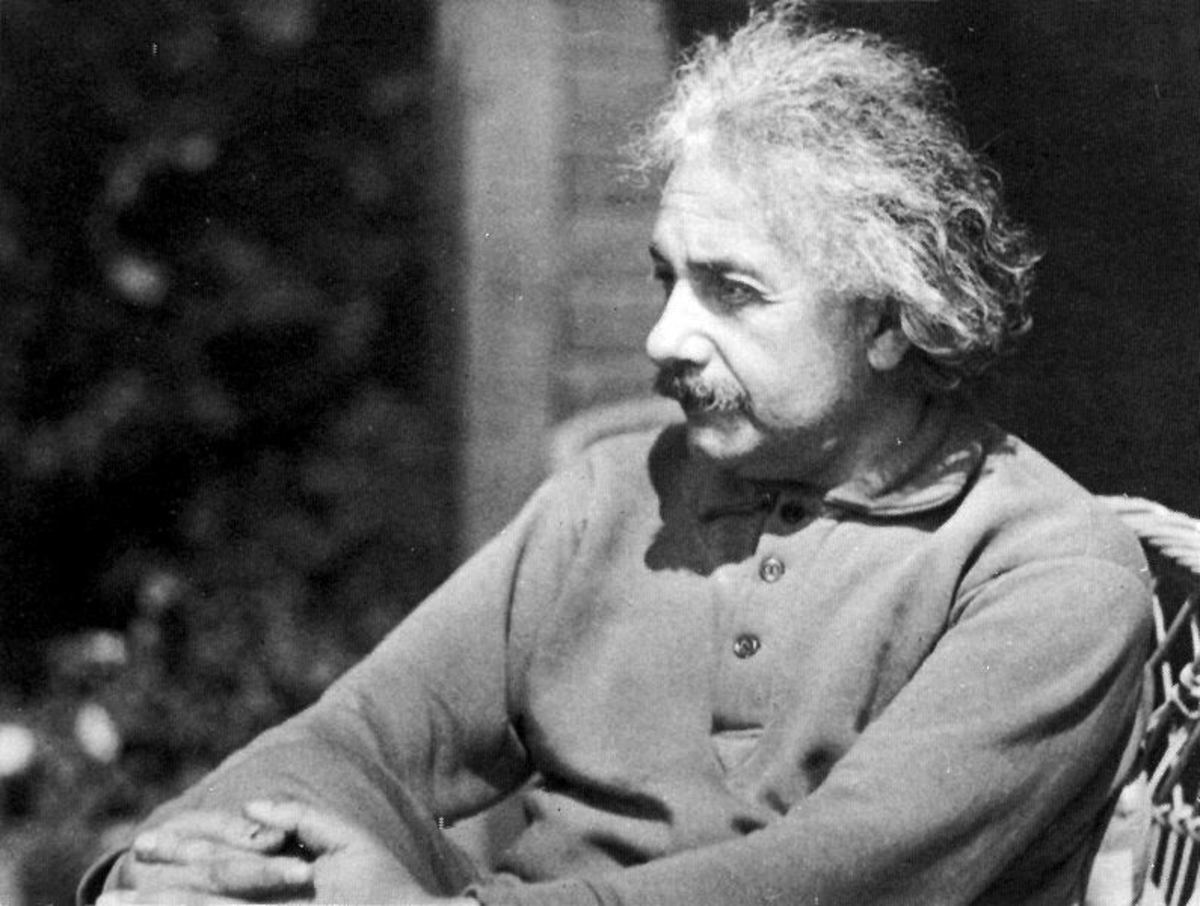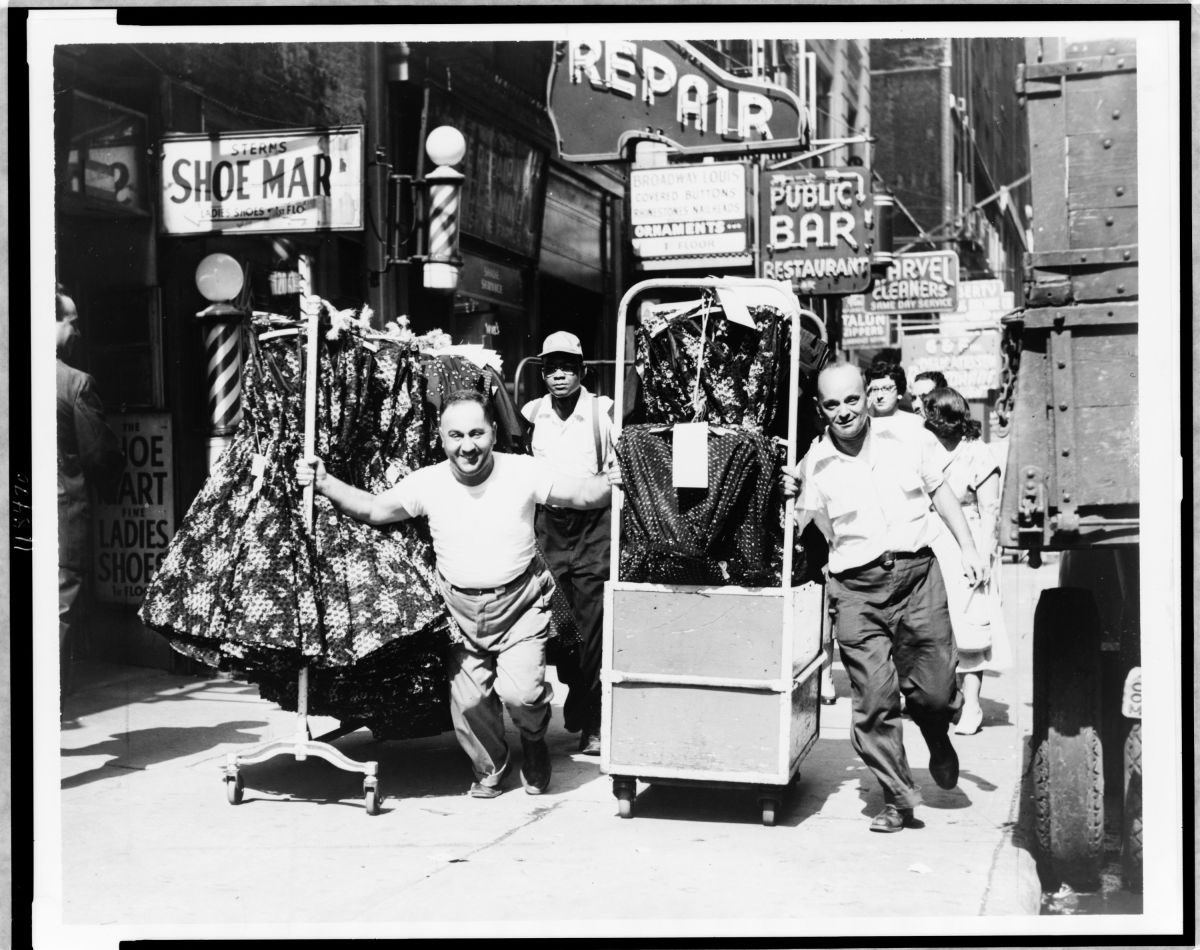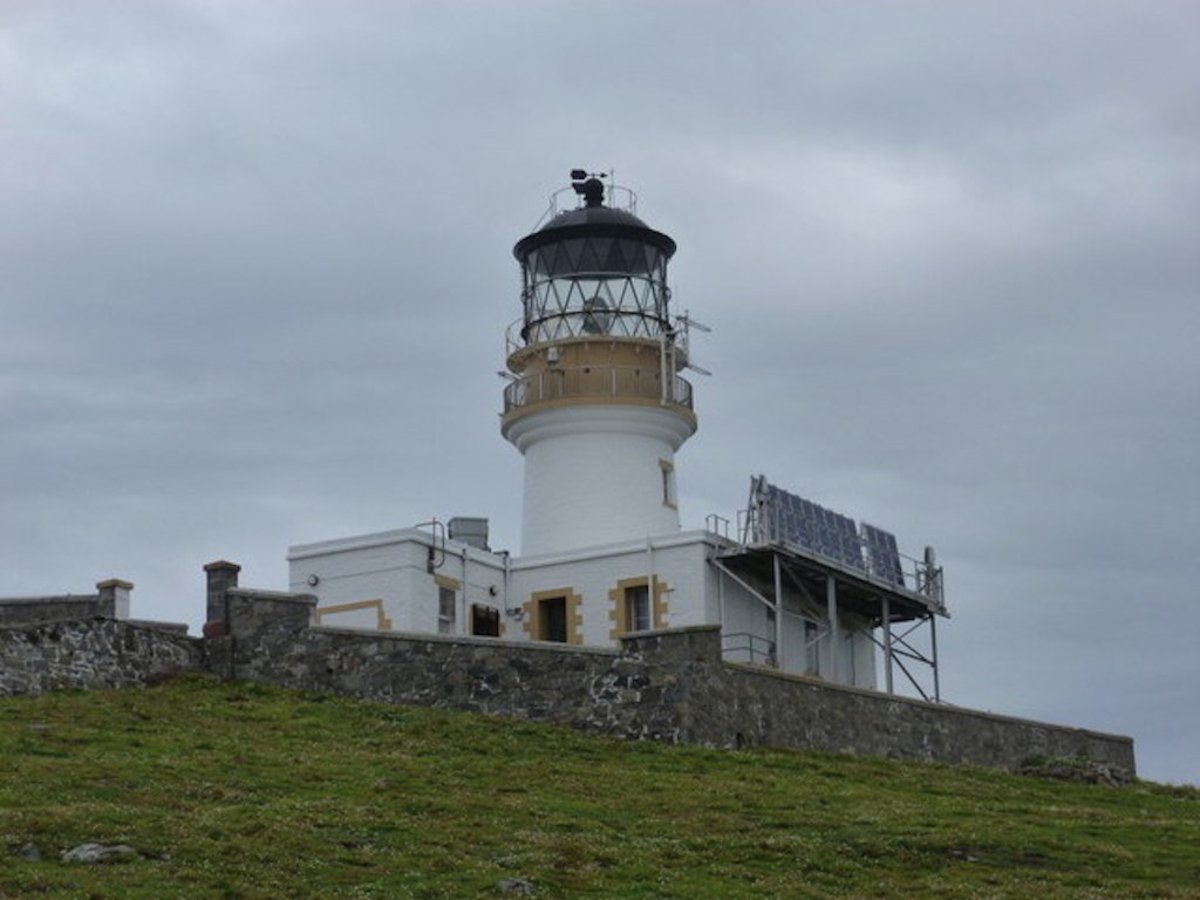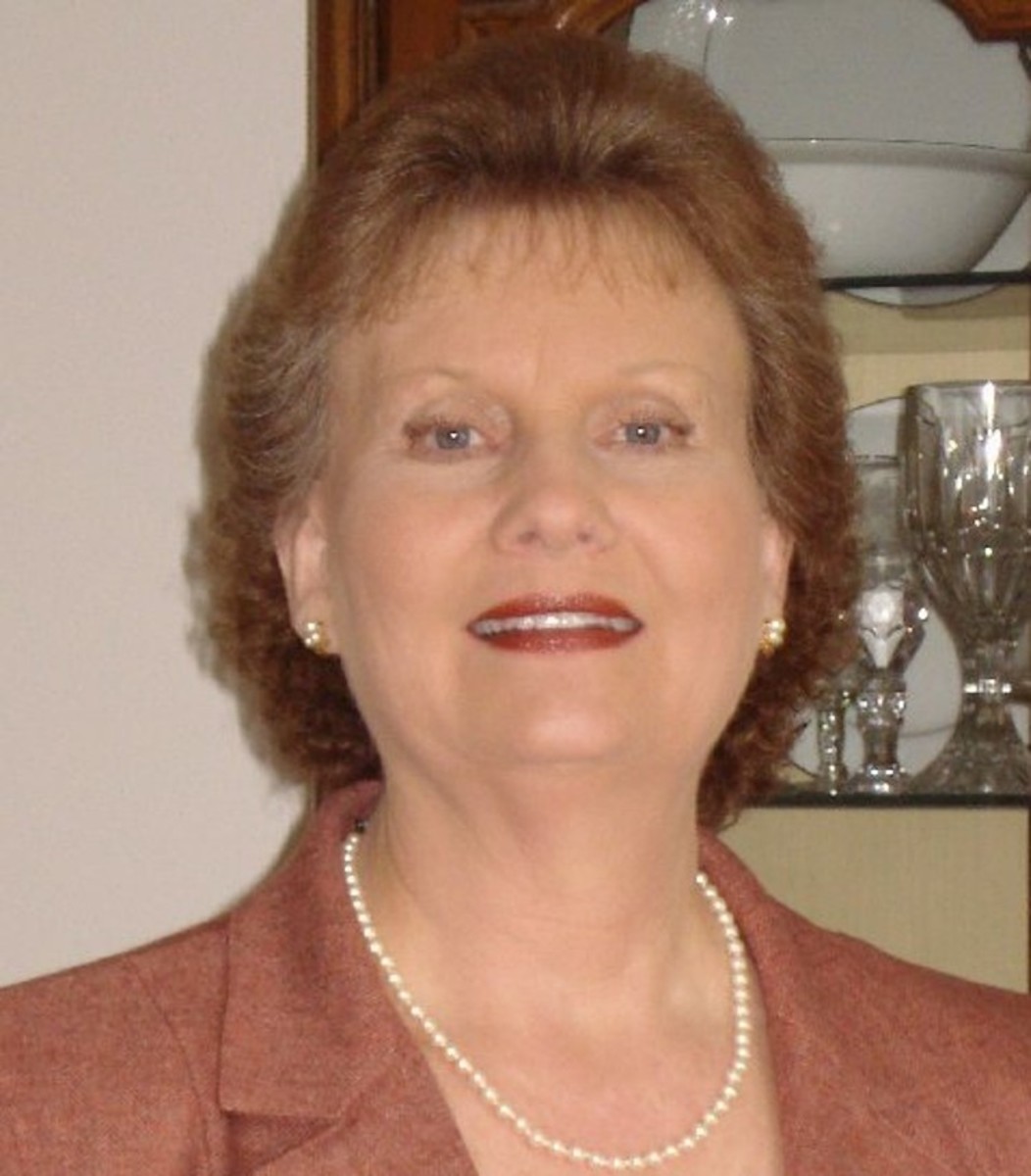- HubPages»
- Education and Science»
- History & Archaeology»
- History of the Modern Era»
- Twentieth Century History
A first-hand account of growing up in early 20th Century England
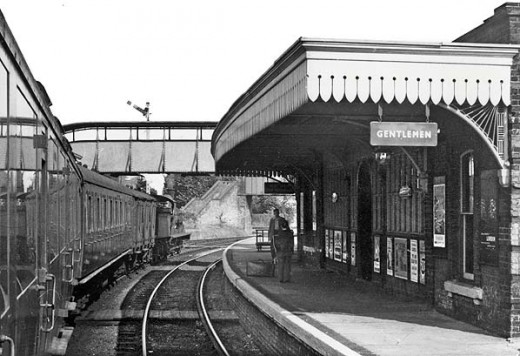
Introduction
On 20th May 2013 I was passed a cassette tape from my mother containing a recording of my Great Grandfather, Albert Battle, which was recorded on November 1989 (10 years after my birth). On the cassette, he was interviewed by a man called Cyril Meadow and talked about his life in the early 1900's. Albert was born in December 1902 and his birth registered at Lexden, Colchester.
At the time of the interview, Albert was around 90 years old and although the audio is sometimes difficult to understand you do get an amazing insight into the history of early 20th Century England and what is was like to grow up their.
The Hub aims to disect some of the information provided by Albert and to give you an insight into what a different place England was to grow up in.
Albert was one of 9 children (some of whom died in their early lives) in a time when tuberculosis was rife and Heath & Safety nonexistent; a time when even a cold had the potential to kill even the young and fit.
Amongst other things Albert talks about seeing his first motor car at the age of 5 (made out of wicker!), and the shock of the Titantic sinking. He also talks about going to the cinema on St John's Street (now a Weatherspoons pub) and Lord Kitchener calling for volunteers for WWII; whilst labelling those who wouldn't go as cowards with white feathers.
And whilst you reading through, bear in mind that this was a man who drove steam trains for British Rail for most of his life, lived through two World Wars and saw the first man walk on the moon; truly an amazing era to grow up in.
Marks Tey, Essex, England, UK
Albert was born and grew up in a village called Marks Tey which is on the outskirts of Colchester in Essex, UK. Now situated at the edge of the A12 and A120 link roads to London and Stansted Airport, Marks Tey was a small place with no main roads and only a steam train line. Some homes didn't even have electricity.
The family home
Albert descirbes the family home in some detail:
"Our house was at the side of the road and the road was rough gravel and grit – not even tar – they never even tarred roads in those days only in the town."
"When I was about 5 or so [1907] I saw my first motor car come down the road and it was this big, wicker bodied and there were two elderly people in it. It suddenly stopped not far from us and me and some big lads, we pushed it to a bicycle shop near the railway station so they could get help."
"Now, the only transport in those days was either to go to Colchester as there were no shops in Mark's Tey to get your groceries and meat and veg and various things that you want, or like a farmer would go their in a pony and trap, but there was a pony and trap at the pub not far from the (train) station."
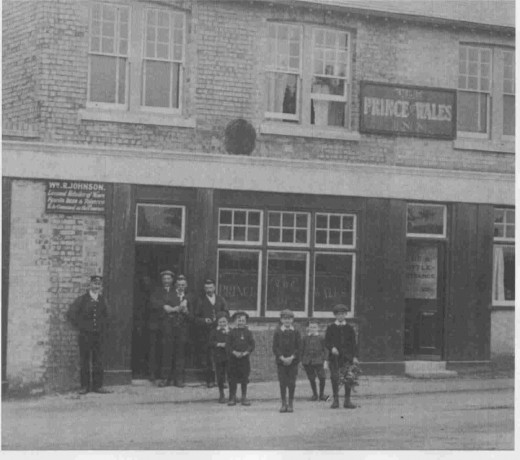
Albert's Mother & Father
Albert doesn't say much about his parents but I remember he had a real fondness for them.
Albert's father, Luke, often worked nights and so would sleep part of the day. The son of Irishman Edward Battle, he used to work and do all sort of jobs. He would dig graves, fell trees and help the local farmer out with his work. He was also a horse shunter.
Albert's father had a fair size pigsty at the bottom of the garden where he kept two pigs. Once in a while, Albert would take a wheelbarrow and a sack in it and chose two of these little pigs and bring it home and put them in the pigsty.
All the vegetables grew off the garden and he would feed the pigs on all sorts - potatoes and all kind of various things. Albert’s mother used to keep chickens and hatch the eggs off herself so they had plenty of food. They never went short of food and were very self-reliant.
The Postman was also a butcher!
When the pigs were grown up sufficiently in size for slaughtering (they weren't little pigs like you see today - they were long and hefty) the Postman used to come from Colchester in a little van to deliver letters all the way to Marks Tey. He had a little hut where he would sleep during the day if he wanted a rest and he'd go back at a later time.
In his spare time the Postman used to kill pigs - he was a marvellous pig killer. So when Albert's father was ready he used to put the copper pot on to heat the water and they used to use this scalding water. He had a great big bench where they used to lay the pig and scrub it with the hot water. They had a special tool to scrap the hair off the body and make the skin all clean. Then they would hang it up.
One pig he would keep for himself, but the other they would put in a builders barrow and walk to the local village of Lexden. There was a butchers shop there and they were Salters. He used to take the pig and used to cut the other pig up and all the best part was put down into bacon and the small parts were put into pickled salt brine into pots. All the other parts, the kidney, heart, live and all that (they called 'fry') would be sold it to neighbours all round because they knew they were having the pig killed. Albert's mother would also make pork cheeses.
When the the neighbours killed a pig they would have the same from them because they all used to work together in the village and help one another.
Albert's father used to put the good parts down in big glazed pans where they would place the good parts of the pig (such as the legs) and leave them in salt brine. His father would go in their and baste them two or three times a day - Albert said he was always going in their and basting them. Then he would dry them off and put them in the pans again. He would take black sugar (molasses) and make it into a liquid and he would baste it with this every day. When they were ready he'd put them into bags like pillow slits and hang them in a row in the living room, near the chimney and they kept their. They would keep until they killed a pig again, the taste was beautiful.
Albert recalls the doctor coming to visit one day and saying to my father "Luke - I'll give you a quid for one of them". My father said "No you won't! I don't ever give them away!".
Tuberculosis - the White Plague of the early 20th Century
People would die in agony. There was little (if no) pain relief and doctors were very poorly qualified. Medical science was still very much in it’s infancy.
Albert talks candidly on this subject:
“I can remember a man in the road – next to the road – and he used to scream and rave because he was in such pain. In those days, what with the roads being rough and the wheels having iron tyres and all that kind of thing, they use to make a lot of noise, they used to lay straw down in front of the house. You knew what the trouble was in those day.”
“They use to say all sorts of things in the old village. They used to have all sort of superstitions and they used to say that as he was a wicked old man who used to swear and all that kind sort of thing that it was god paying him for being so bad.”
A lot of children suffered from TB (tuberculosis). It was rife amongst all people. It was nothing for someone to have a bad cough and people use to say “huh you know what that is”. Of course later on they had sanatoriums for them.
Healthcare in the early 1900s
Unless you were wealthy, healthcare was pretty much non-existent. There was no Health Service and medical science was still very lacking.
Albert recalls this vividly:
"Now, from Mark's Tey, the only doctor you could get was at Coggeshall, 5 miles away, and if anybody was ill in the village someone had to cycle over their and he would come by pony and trap. If a woman had a baby, there was only the village self-trained midwife. There was no such thing as midwives and all that sort of thing now, and there was no money so you just had to pay the doctor and make it right with the midwife."
"There was no other money. People hadn't got money because they were so poorly paid."
"And the children. I remember the children coming to school and faint in the class because they hadn’t had good food to come to school on; probably a piece of bread and jam or something like that."
"When the doctor came from Coggeshall to Mark's Tey he come there once a week and a woman in the road would let him her front room with a sort of big cupboard in it and that was full of different coloured stuff in bottles and he'd have a jug of water bought in by her and we all had to stand outside and go in one at a time."
"He would just look at you and take your pulse and look at your tongue out and all that sort of thing, and he'd put some of this medicine in a bottle and fill it up with water and you just walked out with it and that's all there was there."
"He used to come once a week on a Monday in those days in the middle of the day."
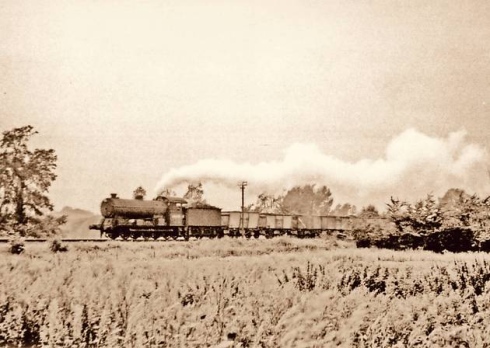
More to come...
There is still more to come, but the process of transcribing the audio is slow and painstaking. I will certainly me posting more shortly, as well as a video with the original audio.

